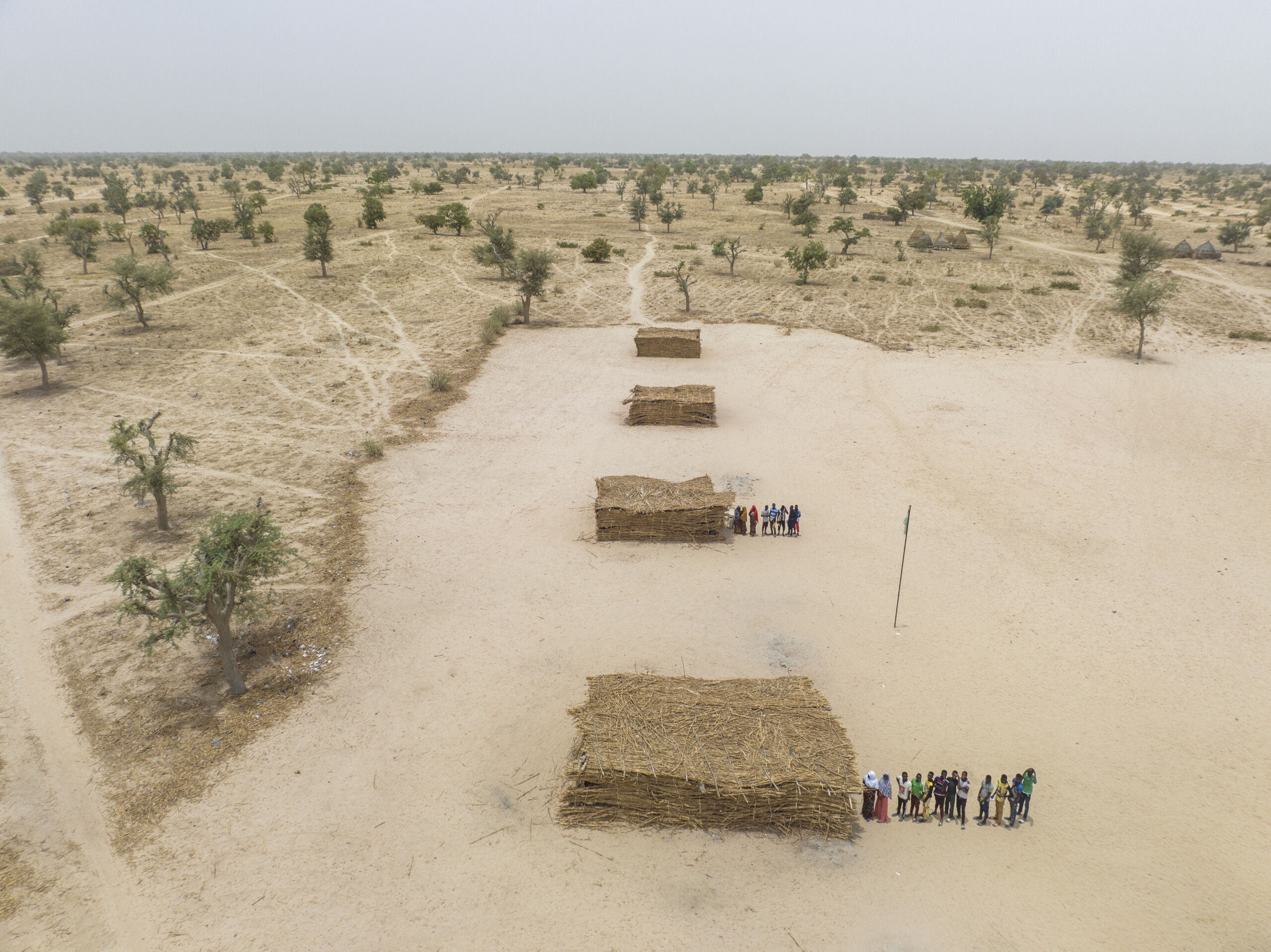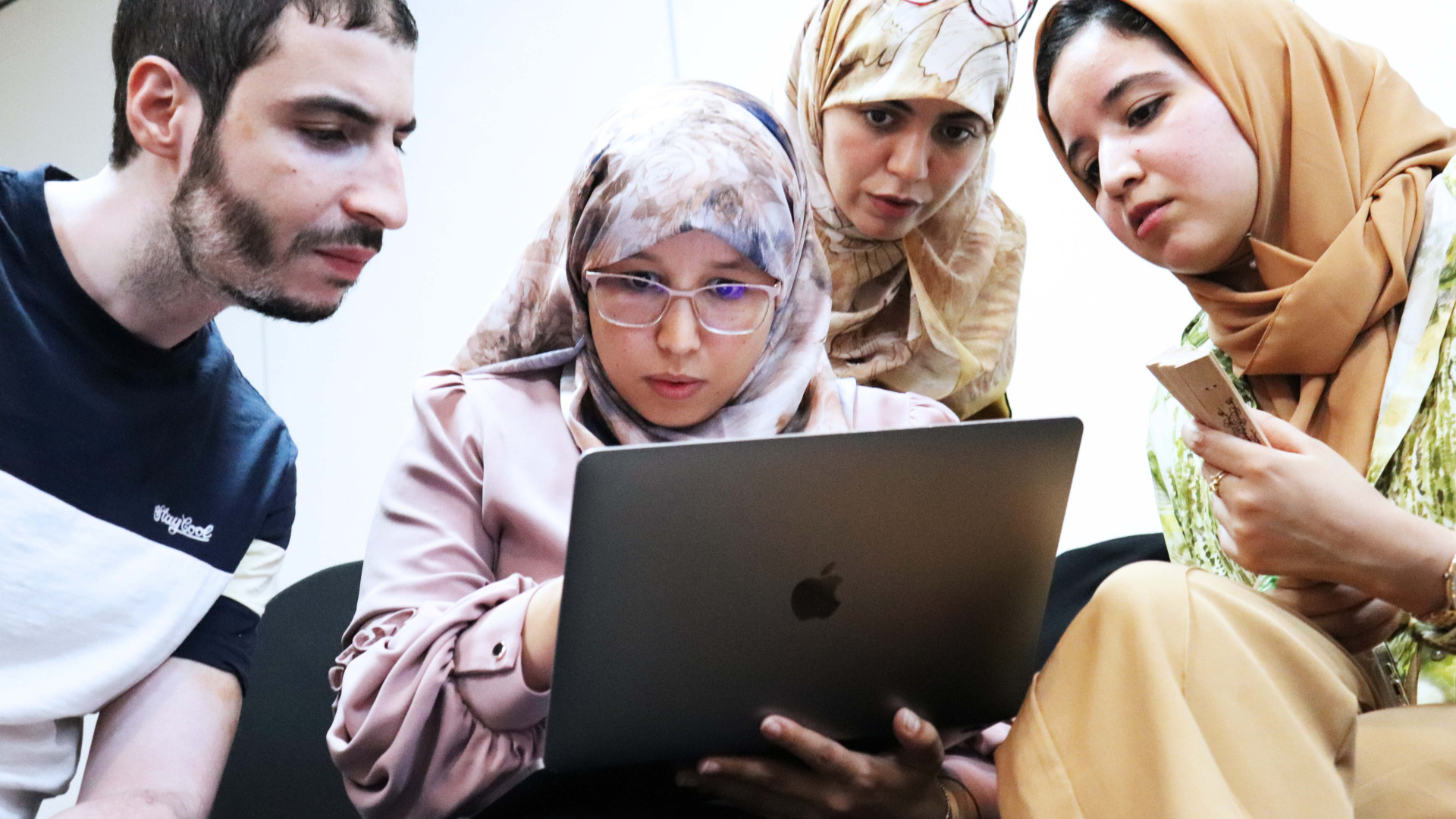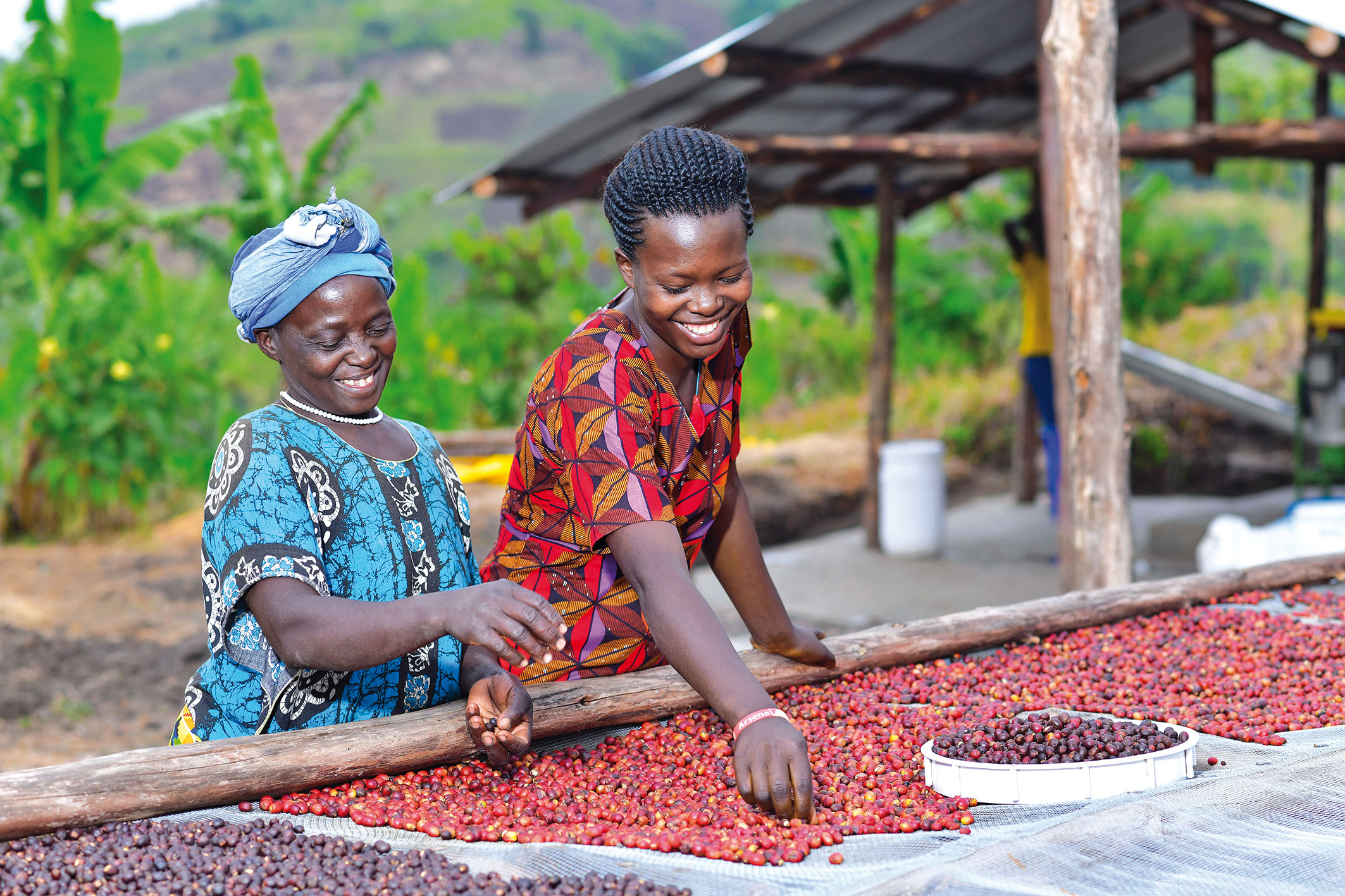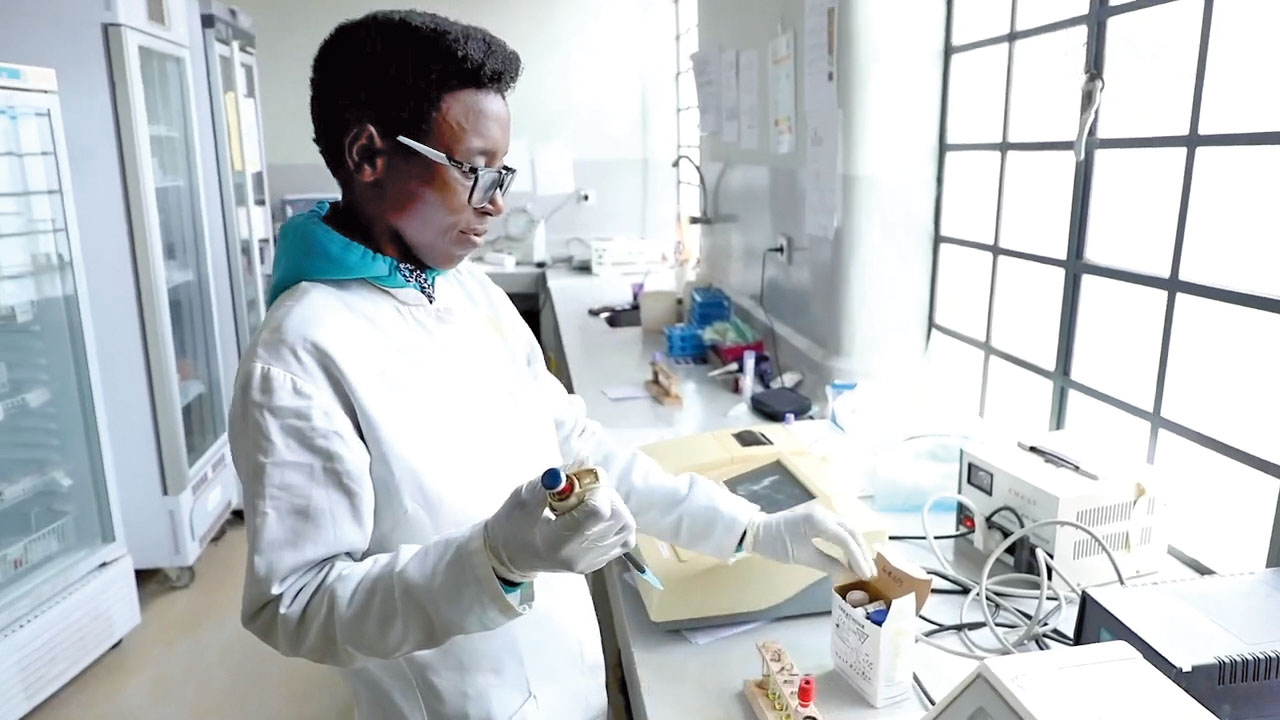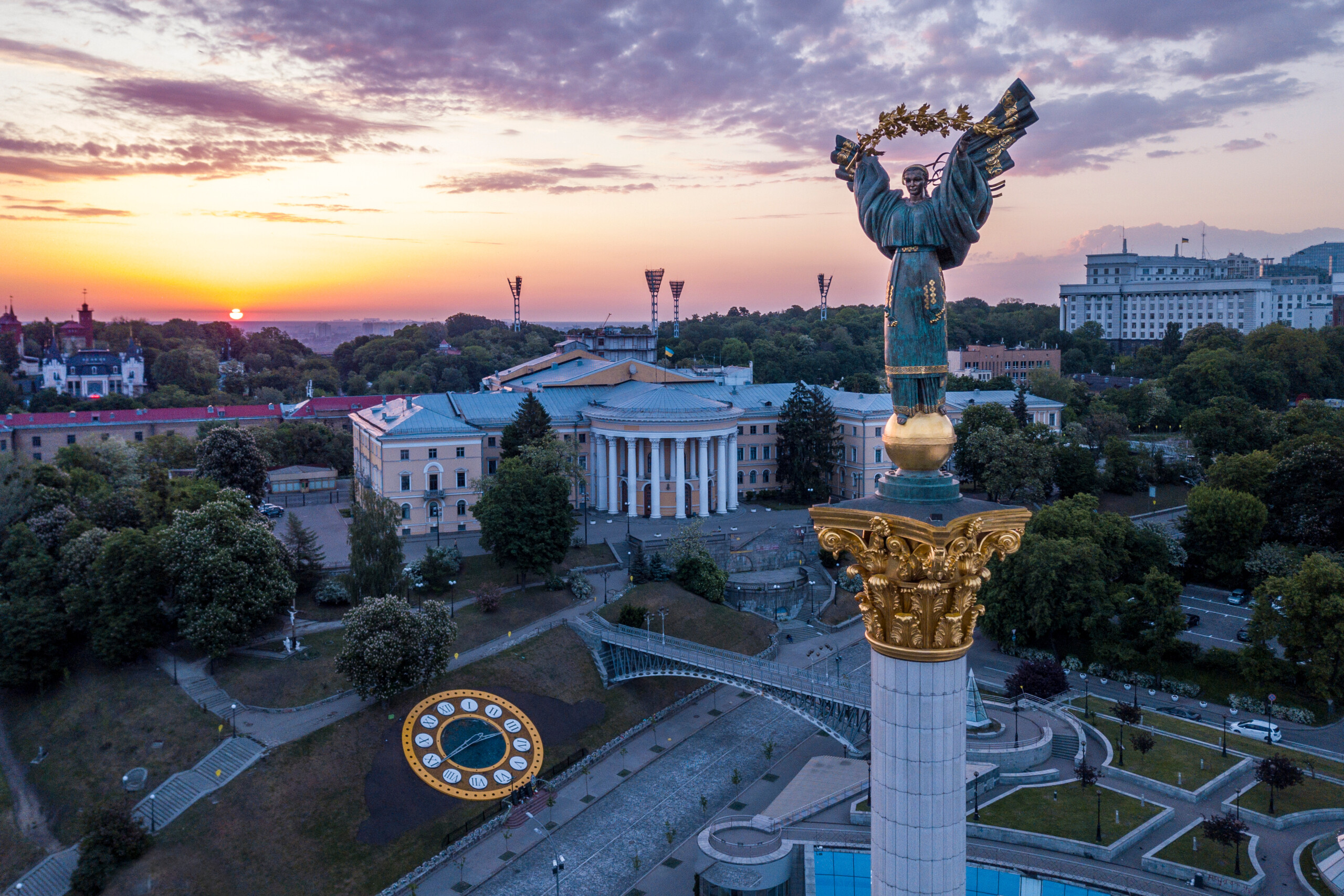News
08 May 2023
Thirsting for a global solution to water management
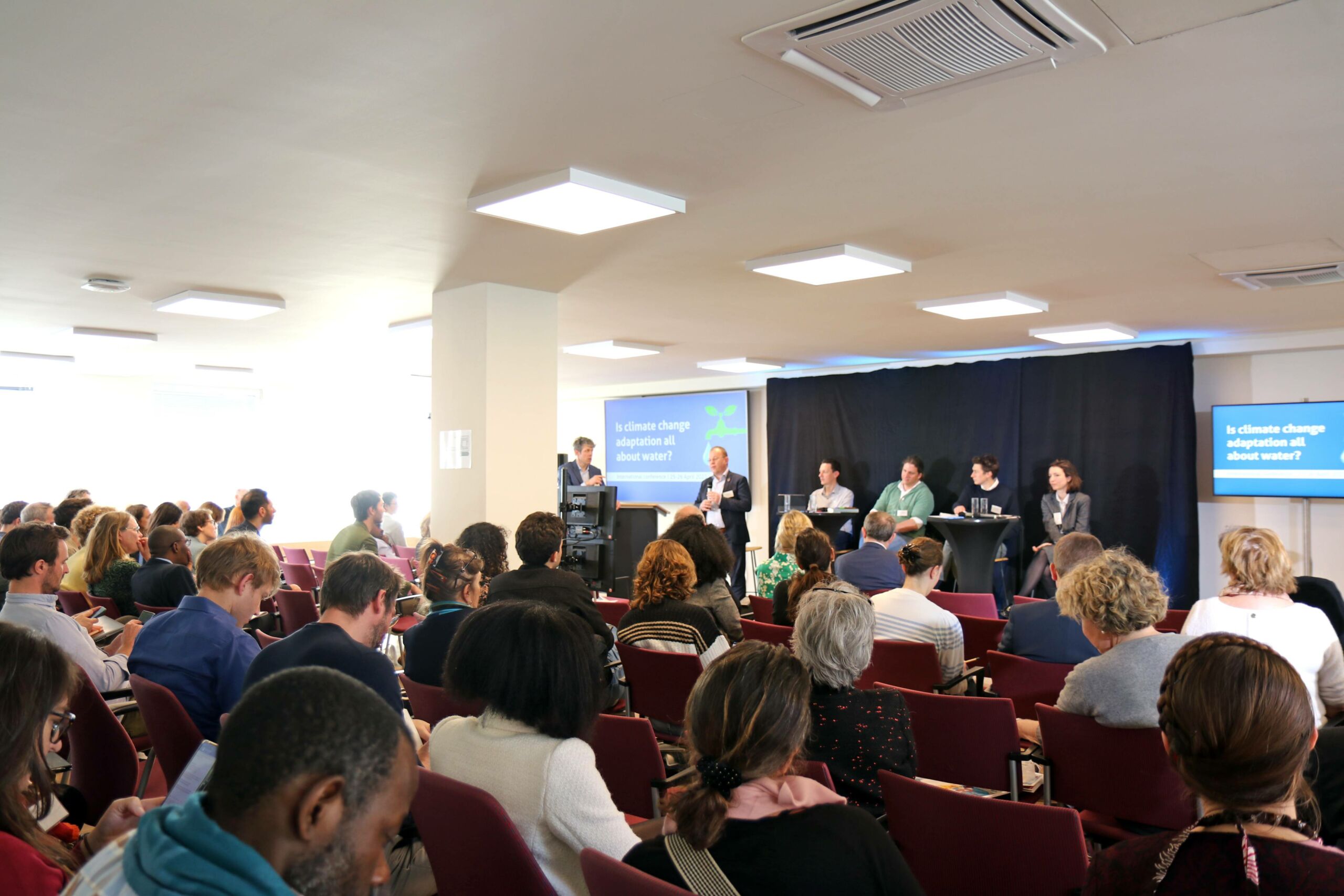
The climate change crisis has proven to have a multiplier and amplifier effect. The global situation is worrying and the need to respond to emergencies on all fronts is becoming more and more pressing.
In this context Enabel, VITO and the DGD organised a conference showcasing the catalytic role of water as a risk but also as a solution in regard to climate change: 2 days of rich and fruitful debate between 19 speakers from international organisations, research institutes, local authorities, development agencies, NGOs and the private sector; 24 presentations of technologies and methodologies that could be tomorrow’s solutions. The younger generation reminded us that continuity is key for the way forward and implies sharing knowledge and experiences with a wider range of people, specialists and non-specialists. All were present in Brussels to inspire the 200 participants from 15 countries and three continents.
“What would water say?” is the core question that reflects the conference’s intention well: to change perspectives, to bring the questions and concerns of young people to the debate and to give the floor to various experts rather than only water experts.
Water: a cross-cutting resource…and the mother of all SDGs
Water contributes to all our human activities: life, health, food, energy, economy, transport… To name only a few. As a global common good, the awareness of its crucial role in all areas of life is getting stronger.
“Because of international solidarity, it is obvious to me that we have to invest in sustainable water management and guarantee drinking water for all, everywhere in the world, and above all, that we have to tackle the climate crisis now, that we have do so sustainably and to the very end because water is life and of key importance for humans, for animals, for plants and for the whole of society.” declared Belgian Minister of Development Cooperation Caroline Gennez.
Considering the technical aspects of water management and protection, water can be a source of conflict: for example, water scarcity in some countries has been linked to an increase in gender-based violence against women, as they are often tasked with the responsibility of sourcing and replenishing water resources. This unfortunate reality highlights the disproportionate burden that women bear in water-scarce regions. Despite this, the voices of women are often marginalised in water policy, which is incongruous with their role as natural resource guardians.
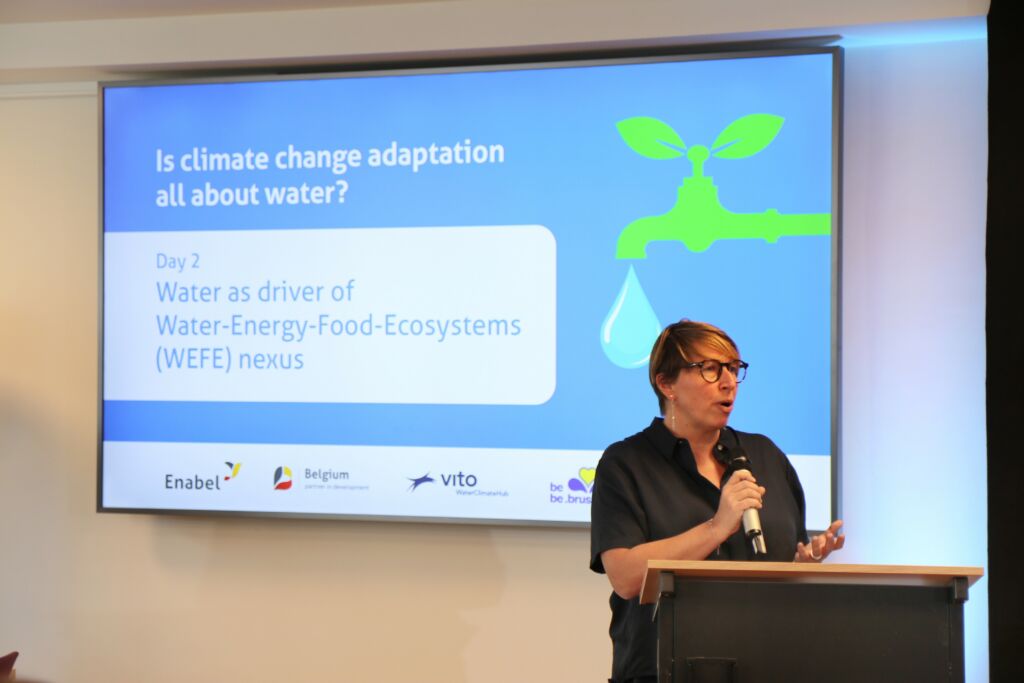
Time to walk the talk: main recommendations
The dialogue started during the conference allowed us to highlight water as a major solution in climate change perspectives. Enabel will ensure that some of the recommendations expressed during these 2 days are considered in its development approaches:
- Nature-based solutions are a key solution to building climate resilience in urban areas, but citizens need to be part of the policy process: indeed, end-users’ buy-in is crucial in the development of these solutions. Citizen science has a role to play in increasing engagement and accountability, and in raising awareness of behavioural changes in the fight against climate change. Water governance in an era of climate change cannot be only seen at the political and institutional level, but must go through all segments of society.
“Adequately involving citizens can make a complete difference. These are issues that we have to tackle all together. We cannot only expect from the government to do something and then be against it because we haven’t been involved.” Luc Jacobs, Special Envoy for Climate and Environment
-
- Funding is essential, but it is governance that will ensure the sustainability of solutions beyond implementation. The collaborative governance approach to inclusive decision-making is also a way to bridge the gap between donors, policy makers and end-users and to contribute to effective water governance.
- Research and innovation, data and data quality, and the involvement of society in these are central to the development of sustainable solutions. This is particularly true when it comes to addressing the WEFE (Water-Energy-Food-Ecosystem) nexus. The WEFE nexus should be approached in different ways: policy dialogue by collecting data, identifying priorities and problems to be solved and developing scenarios; and projects with concrete actions on the ground, analysing priorities and engaging in dialogue with stakeholders.
“On the one hand, it is very interesting to work with partners like Enabel, who work in very challenging contexts, and see how we can bring innovation and technology in African countries. On the other hand, there are also many learning opportunities to come up with new research and innovation, that will also be useful for us in the context of Belgium, to be resilient and adaptive to climate change” said Katrien Van Hooydonk from VITO.
With that in mind, the WEFE nexus needs to be considered with a broader long-term vision and strategy, to identify the sequence of steps and activities that will allow the synergies and trade-offs necessary for a rational use of resources between the different sectors and enhance the financial sustainability of infrastructure.
The international conference was perceived as a real debate initiator. Not only of specialists but also of society, in which inclusion and a cross-sectoral approach are key to provide solutions to the complexity of the world – a complexity reinforced by the risks and consequences of climate change. The conference has highlighted how the consequences of climate change on water will affect the quality of life of the poorest and those traditionally less included in debates and decision-making.
Inclusion is and must remain at the heart of our professional DNA, but we must strengthen our multi-sectoral approach: Enabel has already initiated this approach by addressing its strategy through global challenges and will continue to progress in this direction.
